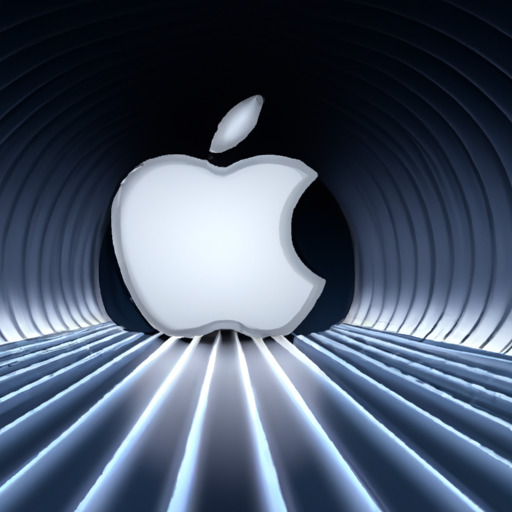Apple is a household name, known for its sleek designs, innovative technology, and user-friendly products. But what sets this company apart from the rest? One crucial factor is their in-house chip design team, led by Johny Srouji and John Ternus. In a recent interview with CNBC, these two executives gave insights into Apple’s growing chip business. Let’s dive into the details and see why Apple’s chip business is taking the tech world by storm.
Apple’s chip journey began in the early 2010s when they started designing their own A-series chips for iPhones and iPads. This move not only gave Apple more control over its product development but also proved to be a game-changer in terms of performance and efficiency. Srouji, Senior Vice President of Hardware Technologies, explains that having their own chip design team allows them to “build things that nobody else can,” giving Apple a competitive edge in the market.
Fast forward to 2021, and we see Apple’s chips powering their entire Mac lineup. This decision to move away from Intel chips marked a significant shift for the company, but one they were more than prepared for. John Ternus, Senior Vice President of Hardware Engineering, highlights Apple’s long-term vision, stating, “When we think about our hardware as a strategic element of our technology stack, we want to own that technology.”
But what makes Apple’s chips stand out? According to Srouji, it’s their vertically integrated approach – designing the hardware, software, and chips in-house. This integration allows for better optimization and innovation, leading to faster and more energy-efficient devices, whether it’s iPhones, iPads, or Macs. And with their new M1 chip receiving rave reviews, it’s clear that Apple’s in-house chip team is hitting all the right marks.
Apart from performance, Srouji and Ternus also shed light on Apple’s focus on privacy and security when designing their chips. With features like Secure Enclave and Face ID, Apple ensures that user data remains secure and protected. They also discussed how their chips are designed with the environment in mind, using recycled materials and minimizing energy consumption. It’s clear that Apple is committed to not only creating high-quality products but also doing so in an ethical and sustainable manner.
As for the future of Apple’s chip business, both executives emphasized that there is still a lot of untapped potential. Ternus mentions their goal to “take on more and more of the technology,” which could lead to even more groundbreaking developments. With their focus on innovation and integration, it’s safe to say that we can expect even more impressive chips from Apple in the coming years.
In conclusion, the interview with Srouji and Ternus gives us a glimpse into the fascinating world of Apple’s chip business. Their dedication to vertical integration, performance, security, and sustainability has undoubtedly set a new standard in the tech industry. As we eagerly await the release of the next generation of Apple devices, one thing is for sure – the brains behind the bionic chips are not slowing down anytime soon.
